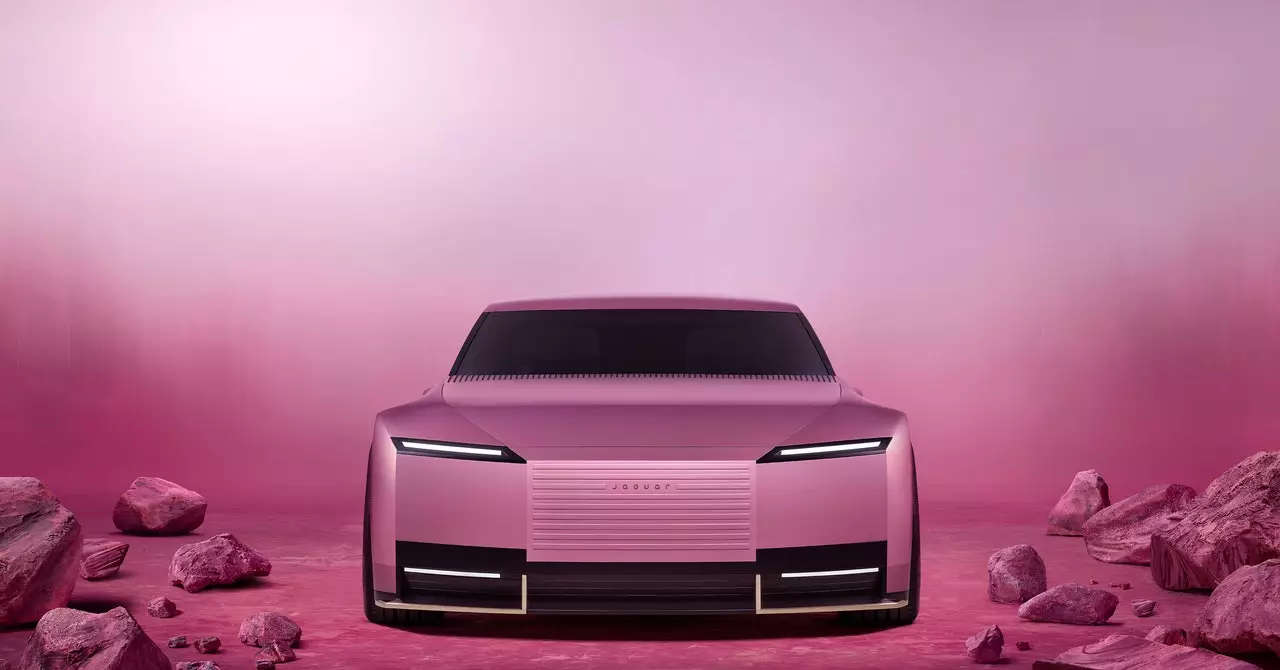In recent weeks, Jaguar has been the center of a heated debate thanks to its latest rebranding campaign. The unveiling, which included a new logo and an avant-garde promotional video featuring a diverse group of models, faced substantial backlash for seemingly prioritizing aesthetics and inclusivity over the automotive essence of the brand. Critics lambasted the brand for not showcasing any vehicles in the promotional material, leading to pointed jabs from industry figures, including Elon Musk, who questioned whether Jaguar was still relevant in the realm of car manufacturing.
As allegations of “wokeness” surfaced alongside discussions about the brand’s identity, this iconic British automaker found itself entangled in a whirlwind of scrutiny. The public’s reaction was mixed, with some praising the initiative to embrace a more contemporary marketing strategy, while others expressed dismay over the apparent departure from Jaguar’s storied heritage.
Jaguar’s Electric Ambitions Unveiled
Fast forward to the announcement of Jaguar’s first full-electric vehicle, unveiled at Art Miami. The timing and location were symbolic, reflecting a broader artistic and futuristic vision for the brand. However, the concern remains that the brand’s resurgence may have been overshadowed by the surrounding controversies. The public’s focus appears to have shifted from the car itself to discussions about brand identity and societal values.
Rawdon Glover, Jaguar’s managing director, acknowledged the challenge ahead, emphasizing the necessity of courting a new demographic of buyers—those who are not just affluent but also urban, independent thinkers looking to carve their own path. This strategy represents a significant shift from the brand’s traditional clientele, who have been deeply intertwined with Jaguar’s historical image.
Navigating New Terrain
Creating a relationship with this new generation of customers is no small feat. Jaguar’s ability to resonate with younger consumers will hinge not only on the quality of its electric vehicles but also on its brand narrative. While it’s clear that Type 00, as the new model is dubbed, aims to set itself apart from anything previously created by Jaguar, its success will be measured by how well it integrates into the lifestyles and values of modern car buyers.
The transition to electric powertrains is essential as the automotive industry undergoes a seismic shift towards sustainability. The pressure to reinvent and remain relevant in that landscape requires brands like Jaguar to innovate while simultaneously being mindful of their legacy.
The path forward for Jaguar is fraught with challenges, yet it is also laden with potential. While the debate over the brand’s direction may continue, it cannot be denied that the introduction of a new electric model marks a significant milestone. Jaguar must now balance its rich history with the demands of a rapidly changing market. If the Type 00 succeeds in not only fulfilling its ambitious design parameters but also resonates with its intended audience, perhaps Jaguar can emerge from the shadows of controversy stronger and more vibrant than ever. Rebuilding trust in a digital age—where opinions can shift in an instant—will be paramount for Jaguar’s future success.

